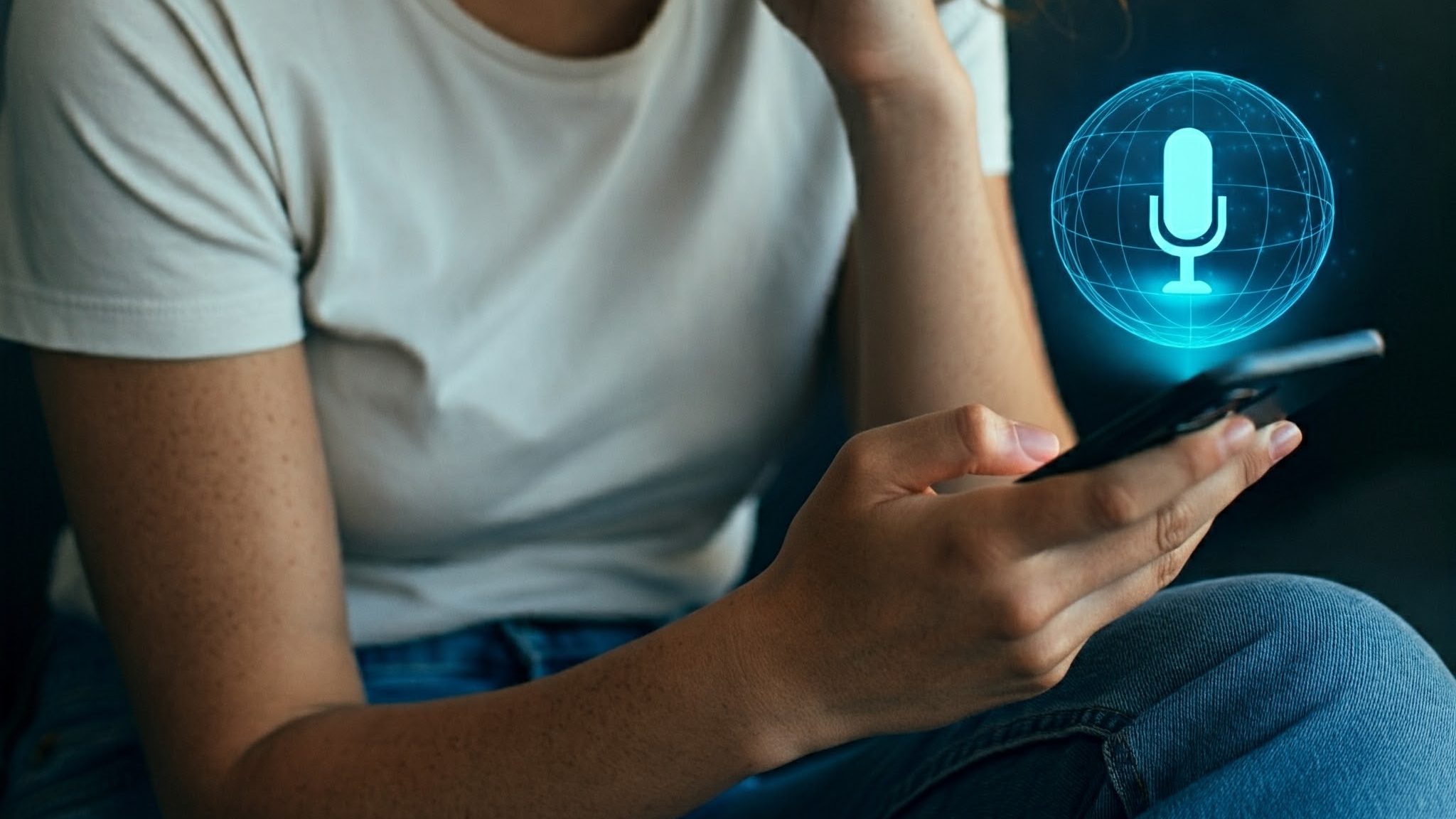In the fast-paced world of AI, even the smallest details like voice and gender are under the microscope. Siri, Alexa… it’s hard to miss that most AI assistants have female voices. But is this just a harmless choice, or are we accidentally reinforcing some old-school stereotypes?
The Female Voice: Helpful or Harmful?
AI voices themselves aren’t inherently subservient. But when we mostly hear female voices in AI assistants, it’s easy to start thinking women are naturally better suited for supportive roles. Let’s face it, history hasn’t been kind to women. We’ve often been pushed into service and domestic roles, and our voices have become associated with compliance. AI assistants with feminine voices and personalities might be unintentionally echoing those outdated norms.
Studies show that people tend to see female voices as warmer and more approachable. Traditionally, these qualities have been linked to caregiving and emotional labor. Male voices, on the other hand, are often seen as authoritative and commanding – traits we associate with leadership. When AI voices are divided along gender lines, we risk reinforcing the idea that women are meant to be subservient.
AI and the Objectification of Women
The fact that AI voices are disembodied, often with sexualized personalities, can be problematic too. It’s like we’re reducing women to objects that exist solely for service and pleasure. This kind of objectification contributes to a culture where women are valued mainly for fulfilling the needs and desires of others, further cementing their subservient position.
Blurred Lines: AI and Emotional Connection
When AI assistants have female voices, it can create a false sense of intimacy. Users might feel more comfortable sharing personal information or confiding in these AI assistants, blurring the lines between human and machine interaction. This could lead to emotional dependency on AI, reinforcing their role as subservient companions.
The Flip Side: Potential Benefits
It’s important to remember that the relationship between AI voices and gender is complicated. While female voices in AI can perpetuate stereotypes, there might be some benefits too. People might see female voices as more empathetic and understanding, which could be valuable in customer service or mental health support. Plus, having female voices in AI, especially in male-dominated fields, can provide a sense of representation and empowerment for women.
Finding Balance: The Future of AI Voices
The prevalence of female voices in AI assistants raises serious questions about stereotypes and the objectification of women. Even though AI voices themselves aren’t subservient, choosing mostly female voices can reinforce harmful biases. We need to think carefully about the consequences of these choices and work towards a more balanced and inclusive representation of gender in AI.
By challenging old-fashioned gender norms and promoting diversity in AI voices, we can create a fairer and more empowering future for everyone.
References
West, D. M., Kraut, R. E., & Chew, H. E. (2019). I’d blush if I could: Closing gender divides in digital skills through education. Brookings Institution Press.
Fussell, S. R. (2014). “I’m sorry, Dave, I’m afraid I can’t do that”: Linguistics, statistics, and natural language processing circa 2014. Journal of the Association for Information Science and Technology, 65(12), 2423-2438.
Cowan, G. (2018). Siri, who am I?: The ethics and opportunities of artificial intelligence. John Hunt Publishing.




